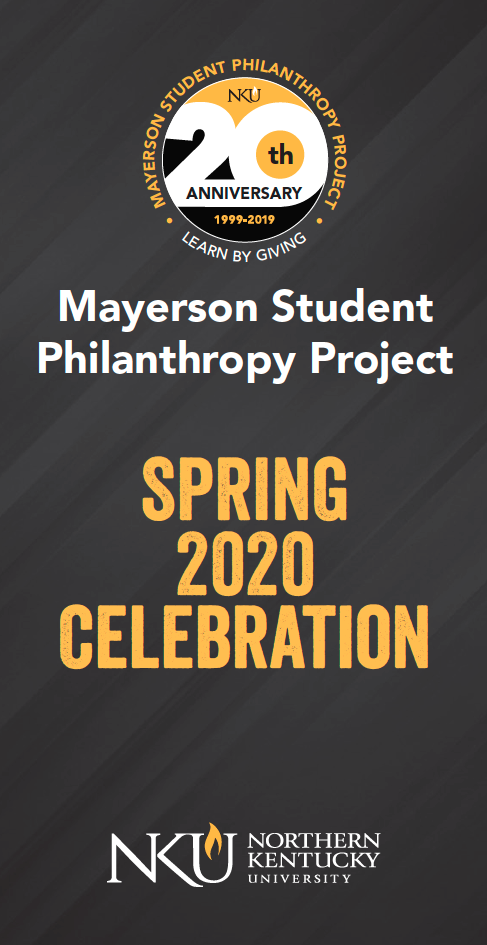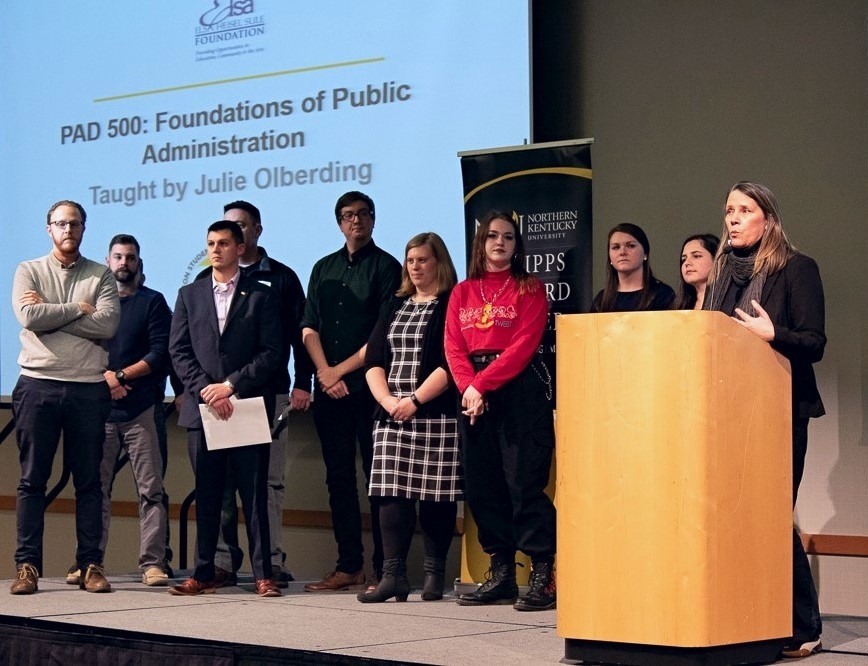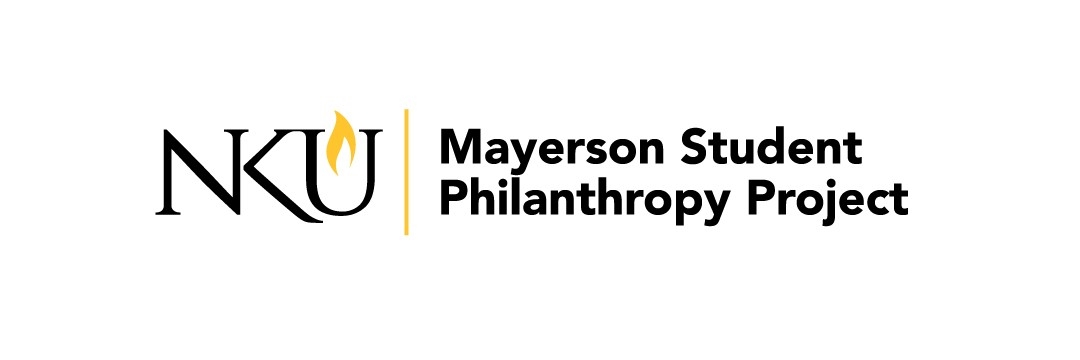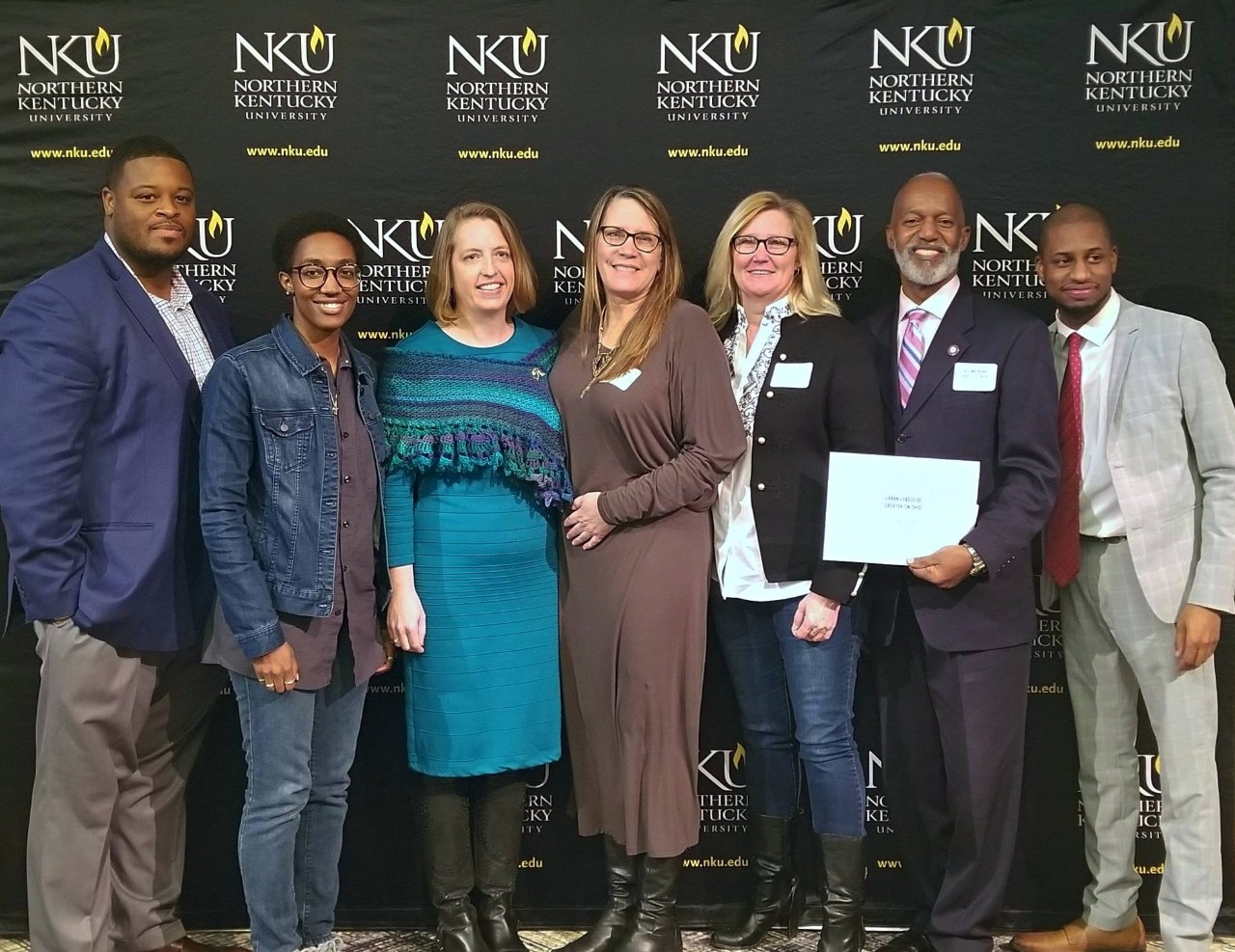To mark the occasion, we had scheduled 20 classes this semester – a new record.
Then, with a global pandemic staring us down, NKU switched after spring break to online classes. Seventeen of our classes pressed forward. One, a College of Law class, even added a new component: an extra $1,000 earmarked for COVID-19 response.
Going online made us, as a university, focus not on what we could not do – but on what we could do. You will see in the stories on this page that our classes rose the challenge.
The classes are awarding just over $28,000 in direct grants this semester. That will push us over the $900,000 mark in grants made to nearly 400 nonprofits since our program started in the Fall 2000 semester.





For those of you new to our program, let me give you a little background.
Student philanthropy is an experiential approach to teaching that uses the power of giving to teach course material. Students begin with a sum of money provided by a donor. Then, working as a class, they explore community needs, learn about nonprofits addressing those needs and, in the end, decide collaboratively where to invest their funds. Each step is integrated into the course and designed to amplify learning outcomes while also developing a commitment to stewardship of place.
When NKU began designing a program, student philanthropy was barely more than an idea. In the years since, the idea has expanded on our campus and nationally.
Adding philanthropy to our classes is not something we did simply because giving money to nonprofits is good – though, of course, it is. Acting as donors who invest in community change contributes to our students’ grasp of community needs and to their long-term commitment to stewardship.
But adding the giving component to college courses also seemed, from the start, a smart way to teach course content, whether the course is business or biology, math or music, theater or social work. That premise, too, has held up.
Bottom line: The value of student philanthropy is both of civic and academic.
Today, there are student philanthropy classes at dozens of universities. There also are at least four multi-university programs. Additionally, a high school version of student philanthropy in our region, Magnified Giving, was patterned after NKU’s program.
All of those accomplishments matter but perhaps nothing speaks more to the value of student philanthropy than the words of our students, who, year after year, talk of the experience as something special. Spend some time on this website, which celebrates our Spring 2020 classes. I think you will see what I mean.
Thank you,
Mark Neikirk, Executive director
Scripps Howard Center for Civic Engagement